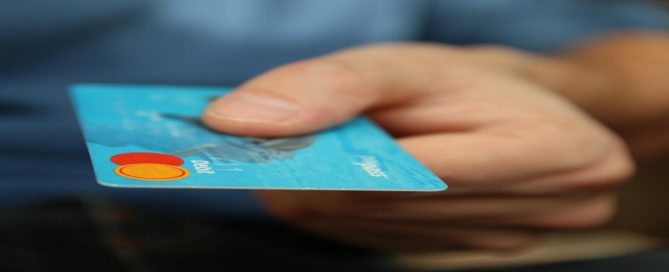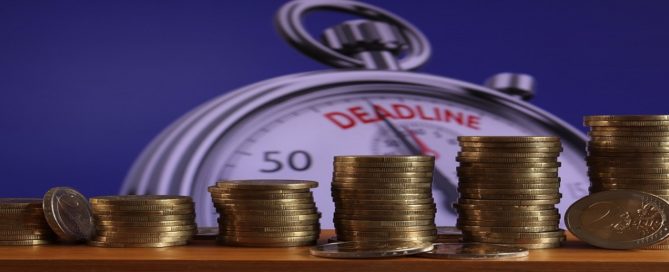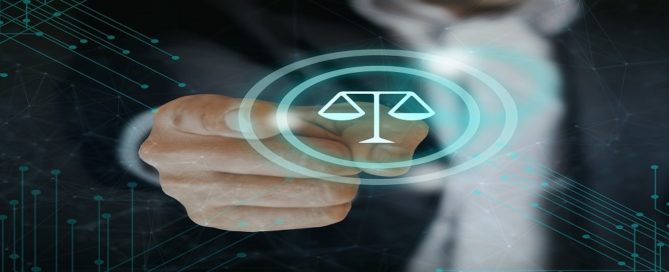What Do You Mean By Bankruptcy And All That You Need To Know About It?
Call: 888-297-6203 Bankruptcy is when you file a case in federal court to help you or your business to get rid of your debt and repay your creditors. There are 2 basic types- Liquidation/ chapter 7 Reorganization/ chapter 11/ chapter 12/ chapter 13 Among these two, the most commonly filed are chapter 7 also known as liquidation where you may have to sell almost all your assets to repay your debts, and chapter 13 also known as reorganization where you are allowed to keep your assets in return for you repaying most or all of the debts within [...]










